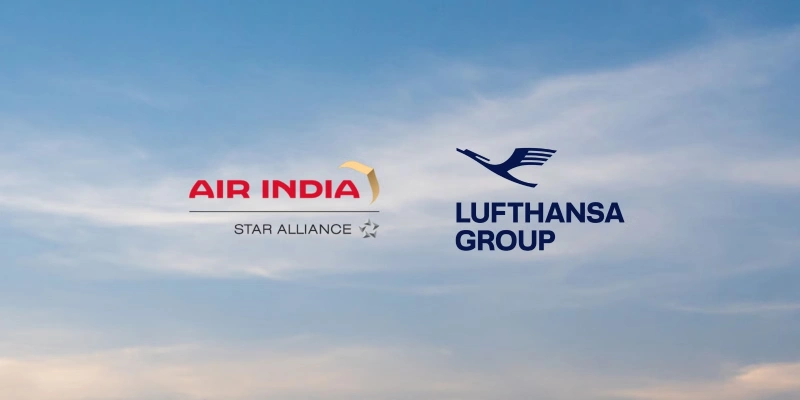Airlines using Afghan airspace are facing new financial and legal challenges due to the complexity of making payments to Afghan authorities, Reuters exclusively reported. With the increase in air traffic over the country, concerns are arising about money laundering, legal disputes, and the use of intermediaries to process overflight fees.
Increasing Afghan Airspace Use
Over the past year, a growing number of airlines have chosen to overfly Afghanistan as the conflict in the Middle East intensifies and aviation authorities relax their stance on the use of this airspace. The Taliban government has reported a significant increase in overflight payments, a fee charged for air navigation services within Afghan territory.
Problems with Fee Payment
The administration of these payments is complicated due to sanctions imposed on Taliban leaders and the freezing of the Afghan government’s bank accounts abroad. Before the Taliban came to power in 2021, the International Air Transport Association (IATA) collected these fees on behalf of the Afghan Civil Aviation Authority (ACAA). However, in September of that same year, IATA suspended this service, leaving millions of dollars blocked in its accounts.
Currently, airlines and private jet operators are turning to third parties, known as travel support companies, to process payments to the ACAA. Some of these companies use additional intermediaries based in the United Arab Emirates to facilitate transactions, raising concerns about transparency and financial security.
Administrative and Legal Difficulties
A recurring issue is the lack of invoices from Afghan authorities. Jon Braid, owner of Jet Team, a British travel support company, explained that he has never received an invoice from the Taliban, which complicates the payment process.
According to data from FlightRadar24, airlines such as Lufthansa, KLM, British Airways, Singapore Airlines, China Airlines, EVA Air, Air India, and Vietnam Airlines have used Afghan airspace in the past year.
When contacted by Reuters, Lufthansa stated that it complies with all relevant sanctions but declined to comment on its payments to Afghanistan. Other airlines avoided making statements on the matter.
While there is no evidence of sanctions violations or misconduct, financial regulation experts warn that the lack of clarity in payments could lead to significant legal and financial risks.
Overflight Fees and Potential Conflicts
Afghanistan charges a fixed fee of $700 for each aircraft transiting its airspace. Based on data from FlightRadar24, the country should have generated approximately $6 million monthly in October, November, and December 2024.
However, due to the lack of a structured billing process, some payments may not be completed or may not reach the appropriate entity. This creates risks of legal disputes between airlines and financial intermediaries.
Role of the United Arab Emirates and International Control
More than a dozen financial intermediaries in the United Arab Emirates were consulted about their involvement in managing permits and payments for Afghanistan. Some admitted to helping private and commercial aviation operators obtain permits but refused to provide details about the payment process.
Other companies have chosen not to handle these payments to avoid legal and banking risks. Although the United Arab Emirates was removed in 2024 from the list of high-risk countries for money laundering by the Financial Action Task Force (FATF), the European Union still considers it a high-risk country.
The UAE government stated that since its removal from the FATF’s “grey list,” it has strengthened its regulatory framework and increased oversight across all sectors.
Reuters indicated that it attempted to contact the Taliban to find out the total amount collected from overflights but received no response. The lack of transparency in these revenues creates uncertainty about the destination of the funds and compliance with international regulations.
Related Topics
Embraer and Adani Defence & Aerospace Elevate Alliance: Agreement for an E175 Final Assembly Line in India
Lufthansa Group and Air India Sign MoU for Joint Business Agreement Following EU-India Free Trade Deal
Air India Fined $110,350 for Operating Airbus A320 Without Valid Airworthiness Certificate
AirAsia X Launches Kuala Lumpur-Bahrain-London Route, Establishing Bahrain as Its First Strategic Hub Outside Asia

Plataforma Informativa de Aviación Comercial con 13 años de trayectoria.




